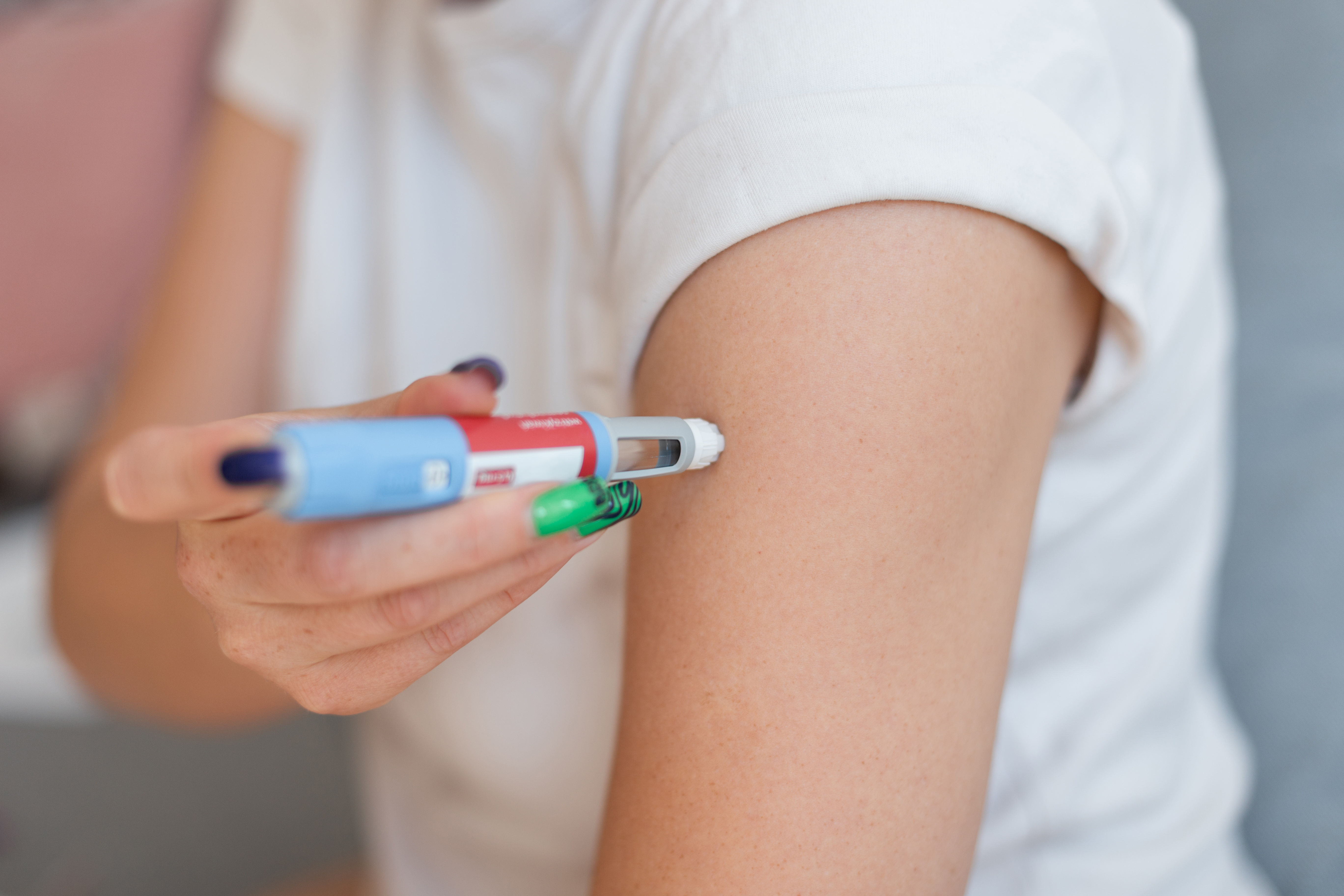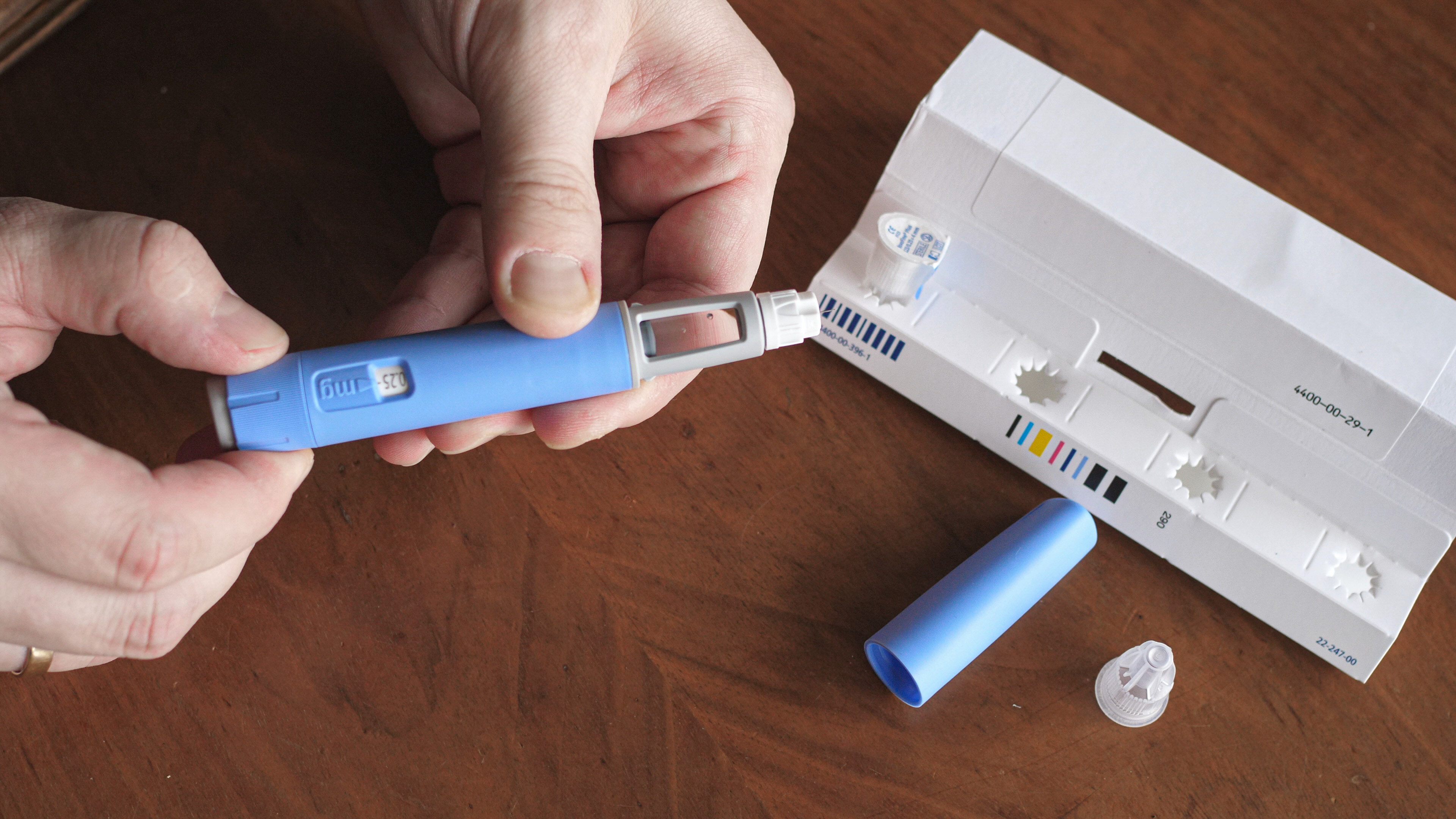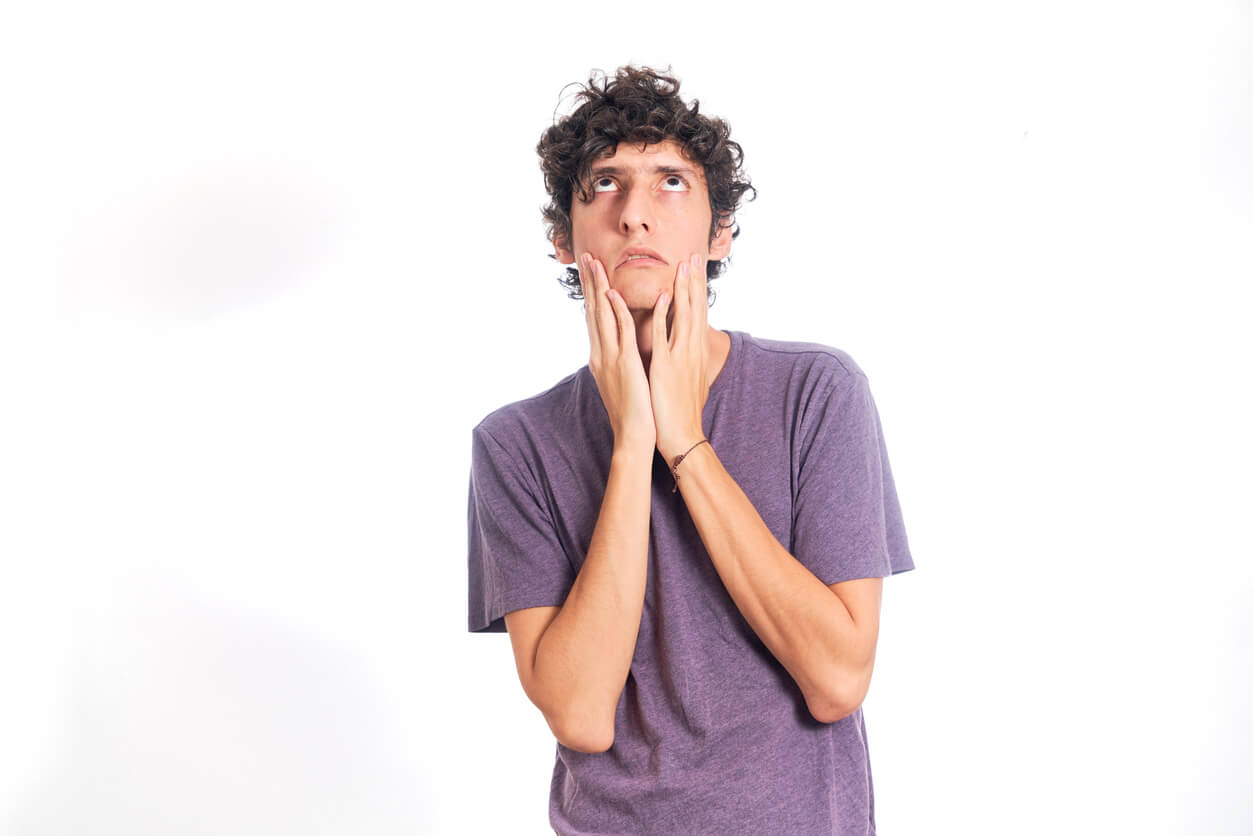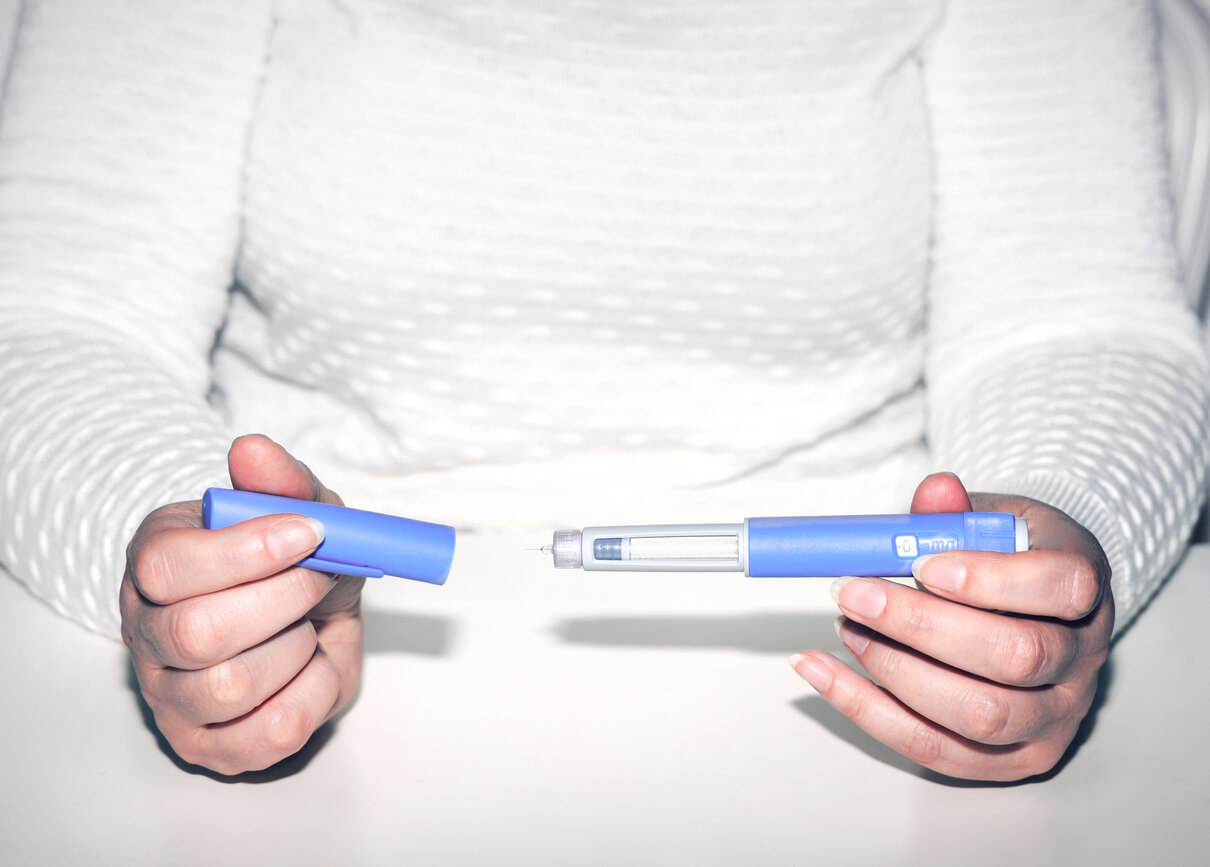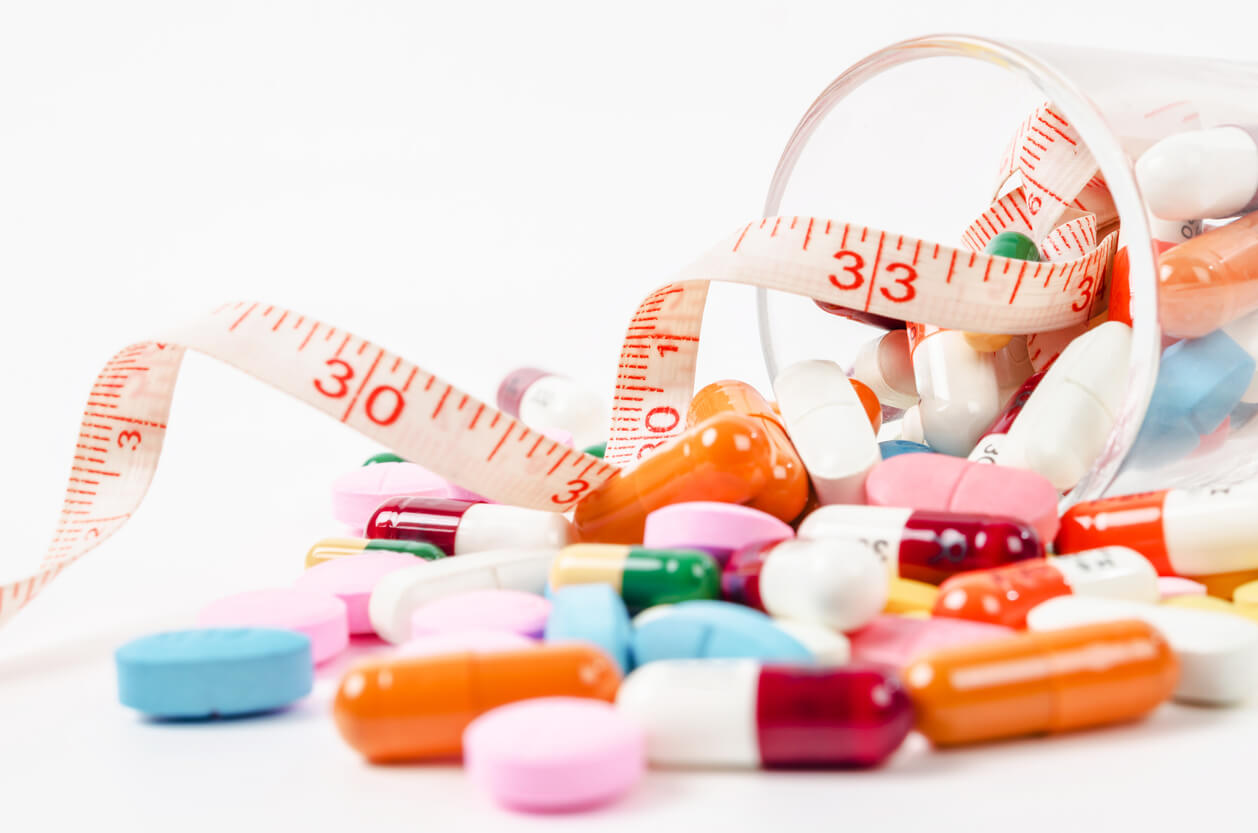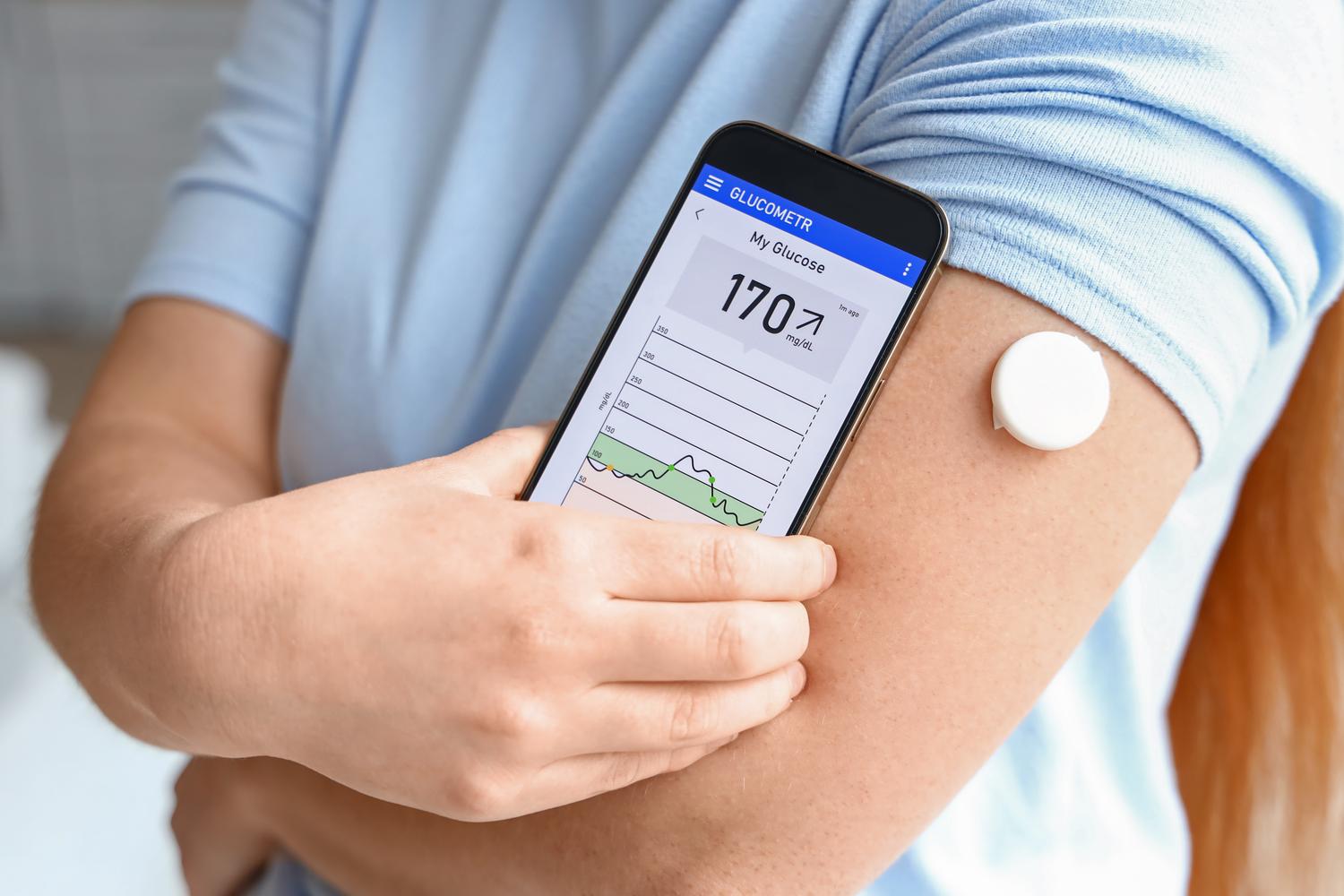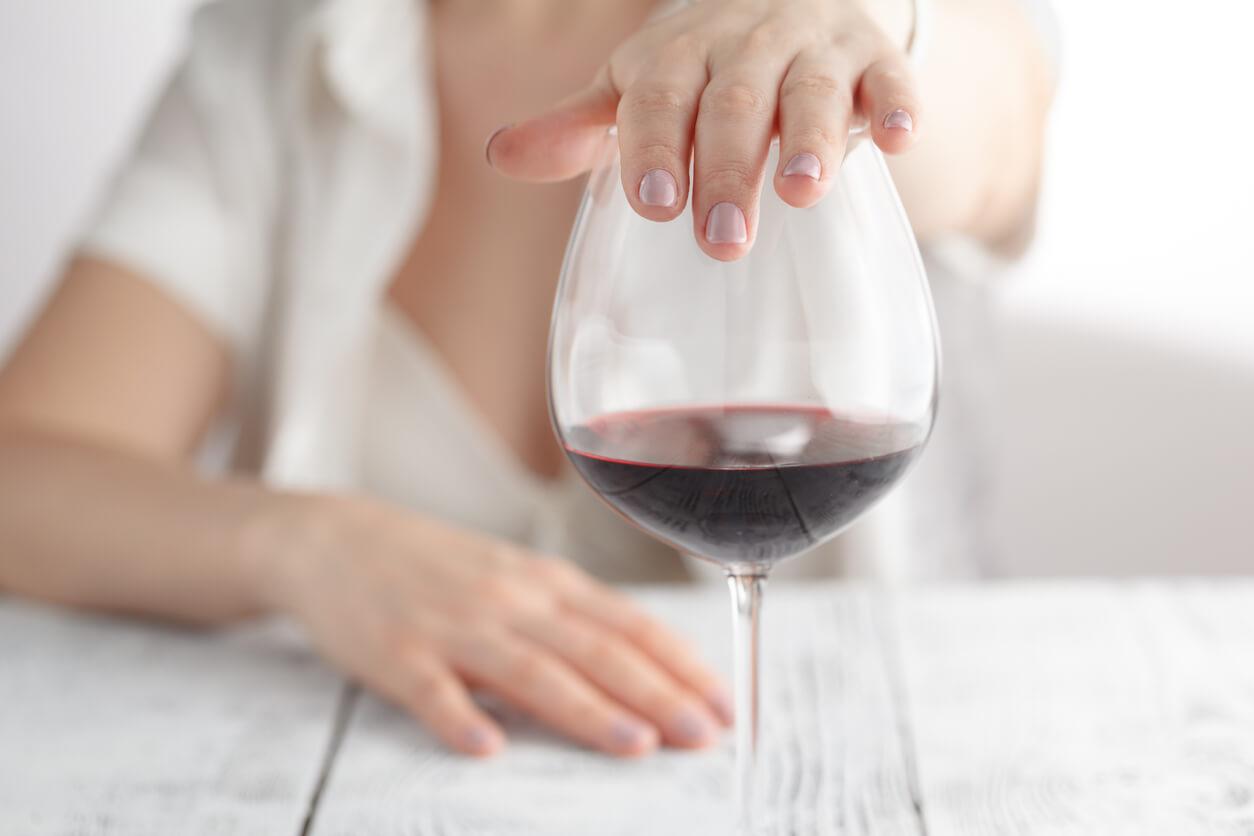Can I Mix Ozempic and Alcohol?
Key Takeaways
- While Ozempic is not known to directly interact with alcohol, both Ozempic and alcohol can increase your risk for low blood sugar (hypoglycemia) and other conditions
- Some initial studies suggest that Ozempic may reduce the urge to drink, but further research is needed
- Ask your healthcare provider for guidance based on your personal risk factors before drinking alcohol while on Ozempic
What you need to know about mixing Ozempic and alcohol
Ozempic (semaglutide)is a glucagon-like peptide-1 (GLP-1) medication that helps people with type 2 diabetes manage their blood sugar. It is also approved to treat chronic kidney disease in diabetic patients.
It can be prescribed off-label for weight loss and weight management as well. Recent data suggests that more than 15 million Americans are taking GLP-1s for obesity, diabetes and heart disease.
If you’re one of the many people who are taking Ozempic or another GLP-1 like Wegovy or Mounjaro, you may have questions or concerns about drinking alcohol while taking the medication. You also may be wondering if Ozempic reduces your urge to drink. In this blog post, we’ll discuss whether or not it’s safe to consume alcohol while on Ozempic, along with potential risks and side effects.
Can you drink alcohol while taking Ozempic?
There aren't any known negative drug interactions between alcohol and Ozempic. Still, alcohol can have a negative impact on your health, and it can make Ozempic side effects like nausea and vomiting even worse.
“Both alcohol and semaglutide can increase your risk for conditions like GI upset, low blood sugar and pancreatitis,” says Alison Edwards, MD and Medical Director of Sesame. “While there hasn’t been any overt guidance from the FDA suggesting a problem with drinking while on Ozempic, it’s likely best to refrain from drinking in general while taking GLP-1 type medicines.”
It’s also important to note that Ozempic works by lowering blood sugar, and drinking alcohol can also lower your blood sugar. This combination can be especially dangerous for individuals with diabetes, as it puts them at risk of hypoglycemia (low blood sugar). And since alcohol can destabilize blood sugar levels, it can also make Ozempic less effective.
Because of this, you should have a conversation with your healthcare provider for personalized medical advice when it comes to mixing Ozempic with alcohol.
Ozempic's impact on alcohol cravings
Some studies suggest that GLP-1s like Ozempic and Wegovy may be able to help treat alcohol use disorder and other substance abuse disorders. The theory is that GLP-1 receptor agonists don’t just reduce your appetite for food - they help reduce your cravings for other substances as well.
For example, one recent study of more than 80,000 patients with obesity found GLP-1 medications reduced the risk of alcohol use disorder and recurrence by about 50% compared to other anti-obesity medications. However, more clinical trials are needed in order to determine GLP-1s’ effects on alcohol consumption.
4 potential side effects of mixing Ozempic and alcohol
Even though there are currently not any known dangerous interactions between GLP-1s like Ozempic and alcohol, drinking alcohol while taking Ozempic may still have an impact on weight loss, blood sugar levels and more. Here are some reasons why it’s wise to exercise caution when it comes to mixing alcohol with Ozempic.
1. Alcohol may cause weight gain
Alcohol is high in calories, and research shows that people who drink often tend to make unhealthier decisions when it comes to their diet. If you are taking Ozempic as a weight loss medication or hoping to lose weight as part of your diabetic treatment, keep in mind that drinking alcohol may offset your weight loss efforts.
- Both Ozempic and alcohol can cause hypoglycemia
While rare, Ozempic can increase your risk of low blood sugar. This risk is even greater if you’re on another diabetes medication like insulin. Alcohol can also cause low blood sugar, because it stops your liver from releasing glucose (sugar) into your blood. As a result, drinking too much alcohol while on Ozempic could cause blood sugar levels to drop dangerously low.
Being drunk and having low blood sugar can also share symptoms like blurry vision and slurred speech. This can make it harder to identify if you’re having a hypoglycemic episode, which can cause seizures and even be fatal if left untreated.
- Ozempic’s side effects may be worsened by alcohol
Common side effects of Ozempic include gastrointestinal symptoms like nausea and vomiting. It’s well-documented that alcohol can cause nausea and vomiting as well, which means that drinking alcohol while taking Ozempic can add fuel to the fire.
- Both alcohol and Ozempic carry a risk of pancreatitis
Alcohol is one of the most common causes of pancreatitis, a condition that causes your pancreas to swell. Pancreatitis has also been listed as a serious side effect of Ozempic by the drug’s manufacturer, Novo Nordisk. The pancreas controls insulin production, and insulin helps maintain stable blood sugar levels. If you have a family history of pancreatitis or other pancreas conditions, you should avoid both Ozempic and alcohol.
How to minimize the risk of drinking alcohol while using Ozempic
Drinking alcohol while on medication is generally not advised by medical professionals. However, if you do choose to have a drink while taking Ozempic, there are some ways to reduce your risk of conditions like hypoglycemia, pancreatitis and more.
Ask your doctor for guidance
Your personal and family medical history, current medications, lifestyle habits and more can all impact your risk of complications from drinking alcohol while using Ozempic.
Before consuming alcoholic beverages while taking GLP-1s, you should ask for personalized recommendations from your healthcare provider.
Consume alcohol in moderation
Moderate drinking is defined as 1 alcoholic drink per day for women and 2 alcoholic drinks per day for men. An alcoholic drink is defined as one 12 oz beer, one 5 oz glass of wine, or 1.5 oz of spirits such as vodka or whiskey.
Know the signs of high and low blood sugar
Be on the lookout for high and low blood sugar symptoms, and know how to treat them. Signs of hypoglycemia include paleness, shakiness, dizziness and an increased heartbeat. Signs of hyperglycemia include extreme thirst, frequent urination and blurred vision. If your symptoms aren’t responding with medication or other treatment attempts, seek medical attention right away.
Monitor your blood sugar continuously
If you’re drinking while using Ozempic or another GLP-1 medication, be sure to take note of your blood sugar before, during and after your drink. Any glucose spikes or drops outside of your typical range could indicate that your body may not be reacting well to the alcohol, and should be discussed with a healthcare provider.
Never drink on an empty stomach
Drinking without food in your system can be especially dangerous for individuals with diabetes. Not eating enough can lead to hypoglycemia, and drinking alcohol can result in hypoglycemia as well.
How Sesame can help
If you are taking Ozempic or managing diabetes and have questions about safe alcohol consumption, Sesame can help. To speak with a specialist, simply book an online diabetes consult. Your provider can provide guidance on alcohol intake, treatment options and lifestyle changes to make sure your diabetes is being managed safely and effectively.

